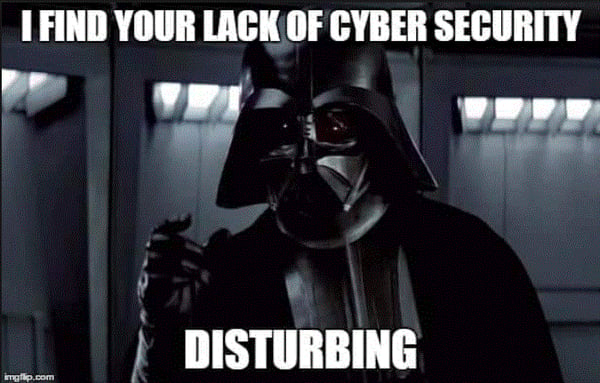“Technology goes beyond mere tool making; it is a process of creating ever more powerful technology using the tools from the previous round of innovation.” –Ray Kurzweil (Singularity Hub)
The pace at which technology has progressed throughout the past century is hard to comprehend. From the Ford Model-T to Teslas and "smart cars", and computers the size of large rooms shrinking into the screens that slide into your pocket; society has benefitted greatly from the forward momentum of innovation. People can get from place to place in record times, sharing information and media is easier than ever, communicating across continents takes a simple press of a button.
Yet, these revolutionary developments in technological capabilities that have boosted the quality of life have also brought about insidious mechanisms to cause destruction, escalating global conflict. The urgent nature of the matter is realized in Moore's Law which contends that the efficiency/capability of computers doubles roughly every two years [Encyclopedia Brittanica]. This makes the lurking dangers of cybercrime one of the fastest-growing threats to both public and private entities with no geographical barriers.
In recent years the need for protection against large scale, heavy-hitting cyber-attacks has skyrocketed. Shockingly recent incidents—such as the August 2019 cyberattack campaign allegedly perpetrated by APT10, a Chinese state-sponsored hacking group, against major US utility companies [Forbes] or Mircosoft's July 2019 report on nearly 800 Russian and Iranian cyberattacks launched against foreign NGOs, political campaigns and Thinktanks [WSJ]—support this claim.
As a result, this new plane of warfare forces governments to pour money and redirect limited resources into cybersecurity. A study conducted by the Ponemon Institute, a prominent cybersecurity research group, shows that attacks are taking increasingly longer to recover from and costing more and more to prevent/defend against [LA Times].
Even assuming that the nations and large private corporations of the international community could afford the mechanisms by which to sufficiently defend themselves, there is a final element of cyberwarfare that is perhaps harder to deal with: the ambiguous and intangible nature of attacks. For example, the difference between intelligence efforts and violent strikes is hard to distinguish when it comes to cyberwarfare. Additionally, dramatic incidents that stir national governments into action, such as the sinking of the Lusitania, Pearl Harbor or 9/11, are inherently less likely to be as identifiable and emotional events when it comes to cyberwarfare. This results in a situation in which cybercrimes allow for discrete and anonymous—yet brutally destructive—mediums of attack.
In conclusion, the impact of cyber warfare on both public and private sectors, as well as its difficult-to-trace strikes, and seemingly uninhibited reach combine to create an unsettlingly powerful threat to world politics.

Ah, Kurzweil. Fascinating thinker. And not without controversy...The major question, I think, is whether "cyber" is just a shift in tactics, or a fundamentally transformed strategic environment. A lot hinges on the answer to that question, I'd say.
ReplyDelete